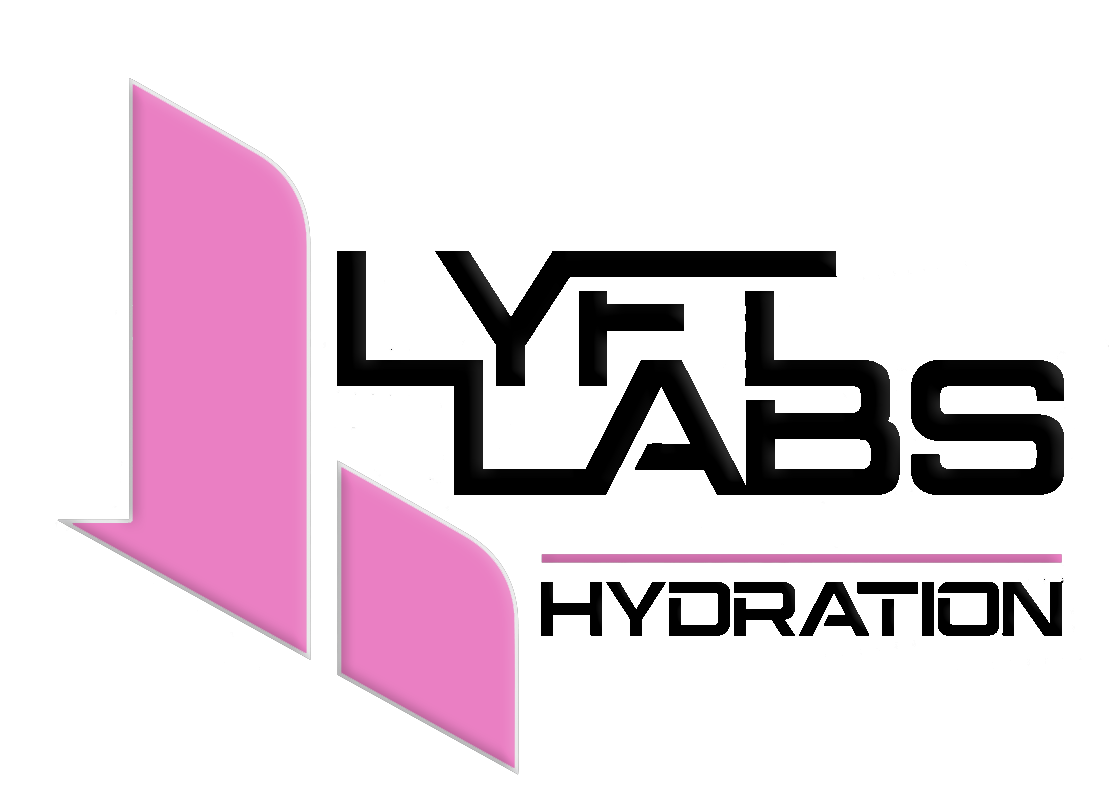Hydration Strategies For Football
Share
Hydration Strategies For Football
Stay Hydrated, Stay in the Game
Hydration isn’t just important — it’s essential for peak performance. Whether it’s pre-game, during the match (when possible), or post-exercise recovery, drinking enough fluids is crucial, especially in hot and humid conditions. When sweat loss spikes, your food and drinks need to supply both water and salt to keep you in top form.
Players already know: training and matches feel tougher in the heat. Throw in humidity, and things get even harder. While a high level of fitness helps you handle the heat better, no one is immune — performance will still take a hit.
Fatigue builds up fast in tough conditions. On hot days, players can lose up to 3 litres of sweat in a single session, though 1–2 litres is more common. During intense pre-season training with two-a-day sessions, it’s crucial to replace these daily losses. Sweat doesn’t just mean water loss — sodium and other salts go with it. Some players lose 10–15 grams of salt per day, while others sweat less, even at high intensities. On cooler days, losses drop significantly. That’s why hydration strategies must be personalised. Just like training and tactics, hydration and nutrition need to be tailored for each player.
Coaches and support staff should think in two levels:
-
Team strategy: General guidelines for everyone, considering factors like home or away games, kick-off times, and climate.
-
Individual strategy: Fine-tuned to each player’s unique needs and sweat rate.
HOW MUCH AND WHEN TO DRINK?
To keep dehydration in check, players should drink water or sports drinks throughout training and matches. Key moments include warm-ups, right before kick-off, and at half-time. Coaches should schedule drink breaks during training based on heat and session intensity.
At the 2008 Olympic final in Beijing, extreme heat prompted referees to pause matches for hydration. Following this example, similar breaks can be crucial in hot regions like the Gulf.
Training is the perfect time for players to understand their sweat rates and adjust hydration habits. You don’t have to replace every drop lost, but dehydration should be limited to less than 2% of your body weight. (For reference: 1 kg for a 50 kg player, 1.5 kg for a 75 kg player, and 2 kg for a 100 kg player.)
In hotter conditions, increase your hydration game. Drink during match pauses and boost intake in training. In cooler conditions, less fluid may be needed — or none at all.
Important: avoid over-drinking. Gaining weight during exercise isn’t helpful and can cause gut discomfort, pulling focus from the game. While "drink when thirsty" is popular advice, it’s not foolproof — aim for smart, planned hydration.
WHEN DO YOU NEED MORE THAN WATER?
Fast-paced, high-tempo games drain glycogen stores. To keep energy high, players should fuel up with carbohydrates before and during matches.
Smart fuelling keeps you running strong, sharpens your decision-making, and reduces late-game fatigue — a time when matches (and injuries) are often decided.
Sports drinks with 4–8% carbohydrate content (about 4–8 g per 100 ml) can cover both fuel and fluid needs. Aim for 20–60 g of carbs per hour, or more if you can tolerate it. Drinks with a mix of carbohydrate types (like glucose, fructose, sucrose, and maltodextrin) speed up absorption for maximum energy.
If you’re a heavy sweater (check for salt stains on your kit!), make sure to replace sodium too. Extra salt can help prevent cramps for salty sweaters, but it won’t benefit everyone. Forget restricting salt intake — if you’re losing a lot through sweat, you need it.
And keep your drinks cool! Not only do cold drinks taste better, but they also help lower body temperature in hot conditions. Bring a coolbox to training or matches to keep drinks chilled and refreshing.
CAFFEINE: FRIEND OR FOE?
Caffeine can boost endurance at doses found in everyday drinks (about 2–3 mg/kg body weight). That’s like 1–2 cups of brewed coffee or 750–1500 ml of cola.
Worried about dehydration from caffeine? Don’t be. At these moderate doses, the diuretic effect is minimal, especially for regular caffeine drinkers. In fact, avoiding caffeine entirely might do more harm than good, causing withdrawal symptoms.
PRE-GAME HYDRATION
Too many players start training or matches already dehydrated — often because they skip breakfast before morning sessions.
Always eat breakfast! It restocks your liver glycogen and hydrates you properly for performance. Dehydrated players tend to drink more during training, which can distract from focus and performance. Hydrate early so you’re ready to go from the first whistle.
If matches or training happen early or late to avoid the worst heat, pay extra attention to morning hydration routines.
REHYDRATION POST-EXERCISE
Recovery sets the stage for your next session. Replace both water and salts lost in sweat to bounce back stronger.
Aim for 1.2 to 1.5 litres of fluid for every kg of weight lost. If you’re not eating right away, make sure your drinks include sodium. Otherwise, most meals provide enough salt. Sports drinks can help, but regular food works just as well. Salt tablets are rarely needed and should be used cautiously.
FINAL WHISTLE: THE TAKEAWAY
Measuring hydration’s direct impact on football performance is tricky — but the evidence is clear: smart hydration matters, especially in heat and humidity. Work with professionals to build a personalised hydration strategy. Fine-tune it like you would your training plan, and you’ll set yourself up to play stronger, recover faster, and win more often.


